Recent Publications & Learning
Doing development differently starts with better evidence and learning.
Doing development differently starts with better evidence and learning.
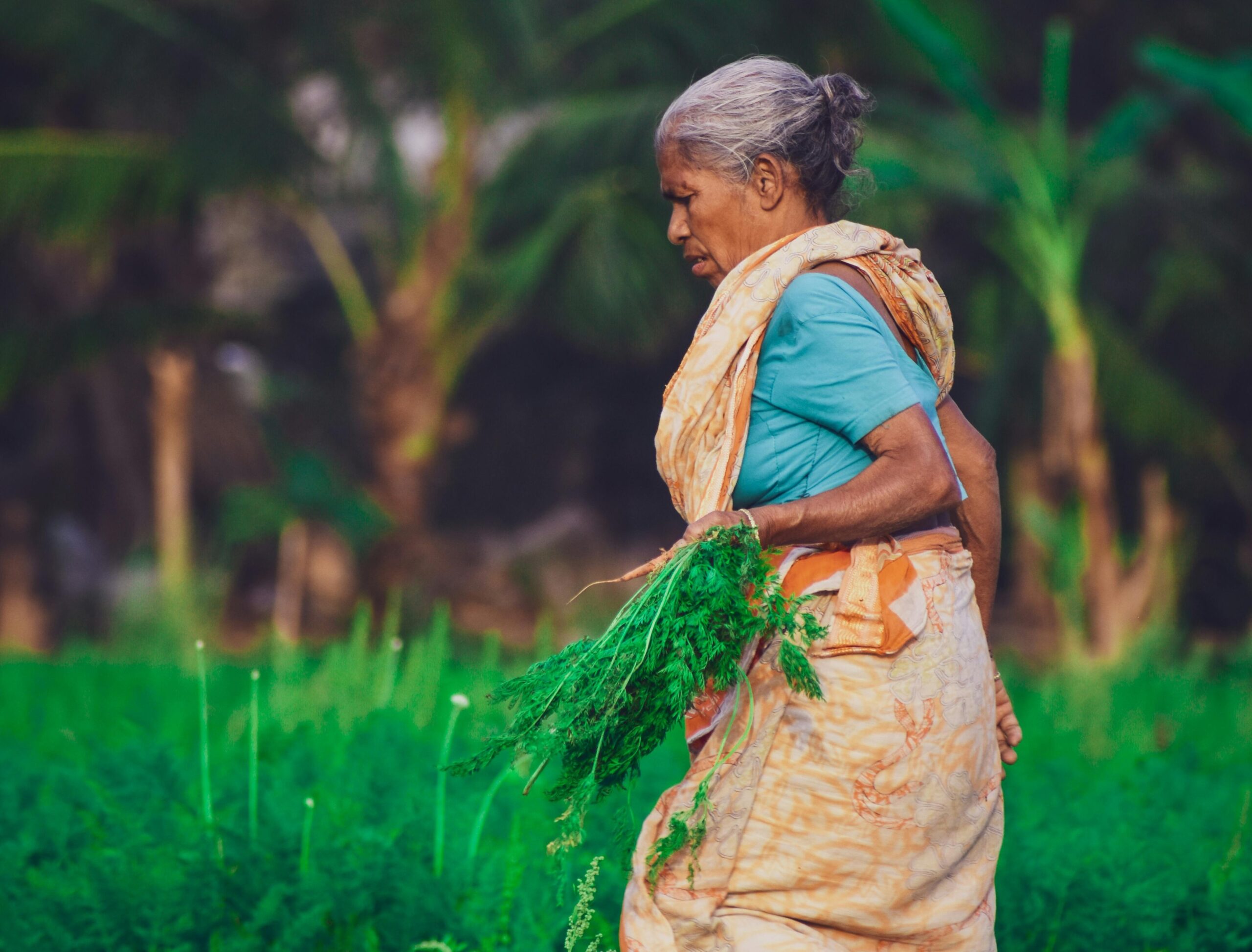
This learning brief shares results from pilot testing the Toolkit to Address Gender-Based Violence in Agriculture and Market Systems Development with the Feed the Future Uganda Inclusive Agriculture Markets (IAM) Activity.
Read More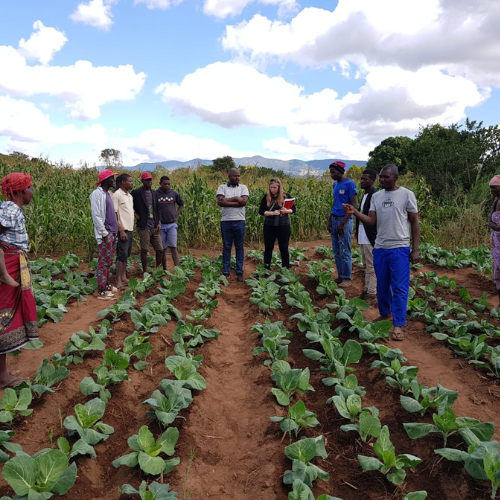
The USAID Mozambique Feed the Future Agricultural Innovations Activity (FTF Inova), implemented by DAI in partnership with MSA, developed six business cases to offer tangible proof that enterprises can profit from investing in addressing challenges experienced by smallholder farmers. The business cases cover three themes: supply chain management; input distribution networks; and support services. Each business case summarizes the prevailing business model being applied, the new opportunity, what options were explored, the value proposition for smallholders and others, the timeline, return on investment, recommendations, and risks going forward.
Read More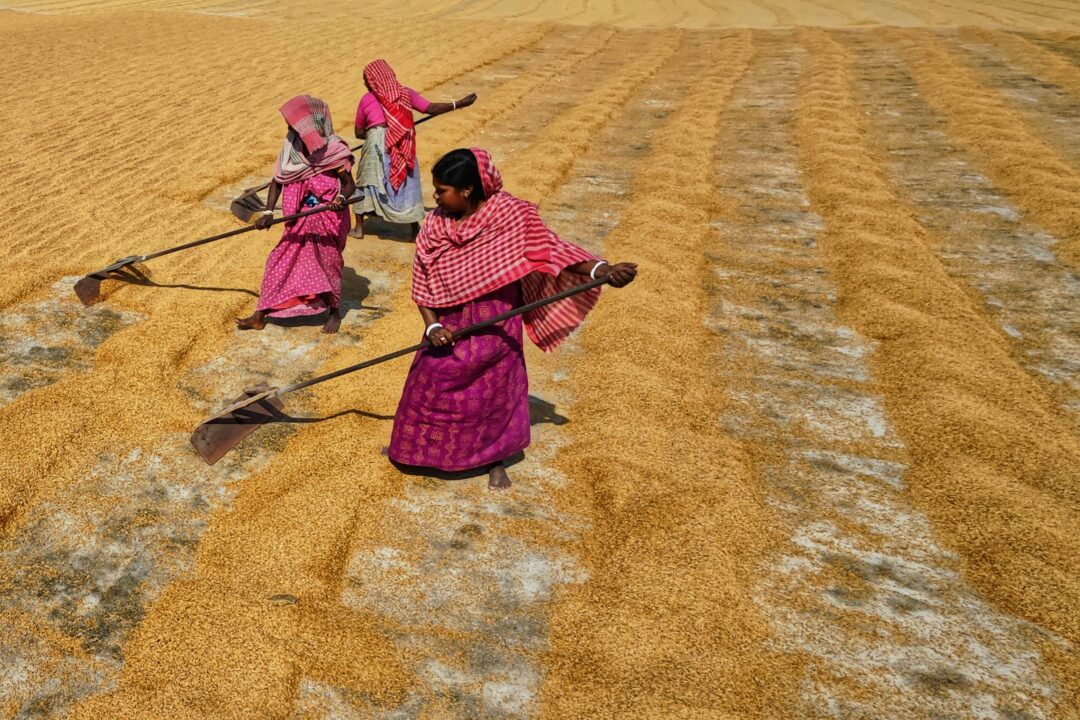
This report charts some key entryways for better incorporating gender in business environment reform, with a focus both on policies themselves, and the processes for their proper implementation.
Read More
How do low-income households and masons make house construction decisions? This three-country study examined social norms, networks, and information flows that influence construction practices in Kenya, India, and Peru. The research sought to answer the following questions: 1) How do households and individuals make housing decisions? 2) What are the information flows, key influences, and social norms that steer these decisions? and 3) How can programmes leverage knowledge about norms to improve the quality of home construction?
Read More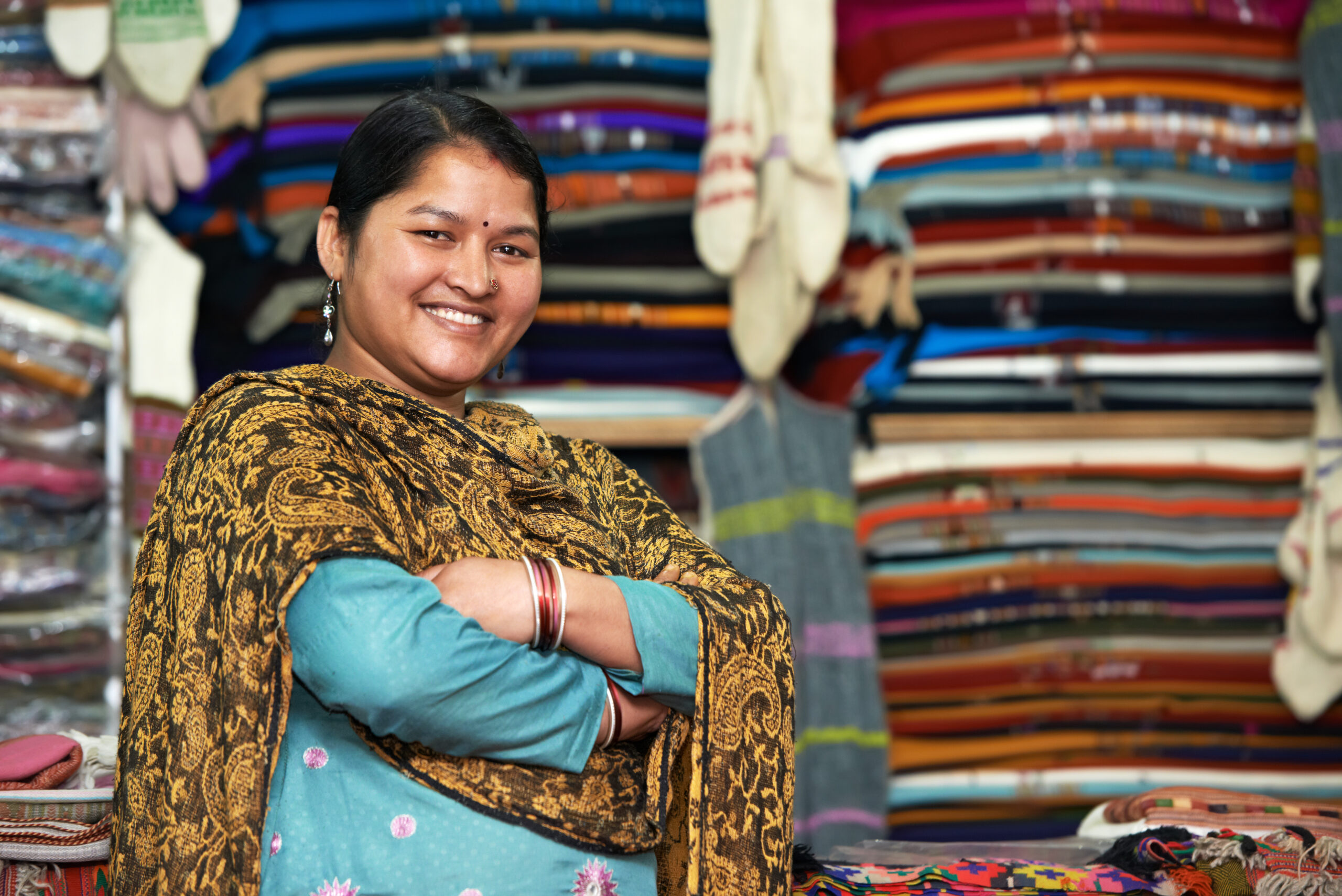
This brief analyzes the existing literature from developing countries on how firms invest in social inclusion and measure its return on investment. It then analyzes existing evidence gaps and makes recommendations on how firms and USAID partners working in private sector engagement and market systems development can improve their investments and fill evidence gaps.
Read More
This brief documents how different private sector actors understand and measure social inclusion and its return on investment (ROI) as an initial step to frame further research on the business case for social inclusion in developing countries. This brief was produced as part of MSA’s work with the Feed the Future Market Systems and Partnerships (MSP) Activity, a set of learning initiatives around social inclusion.
Read More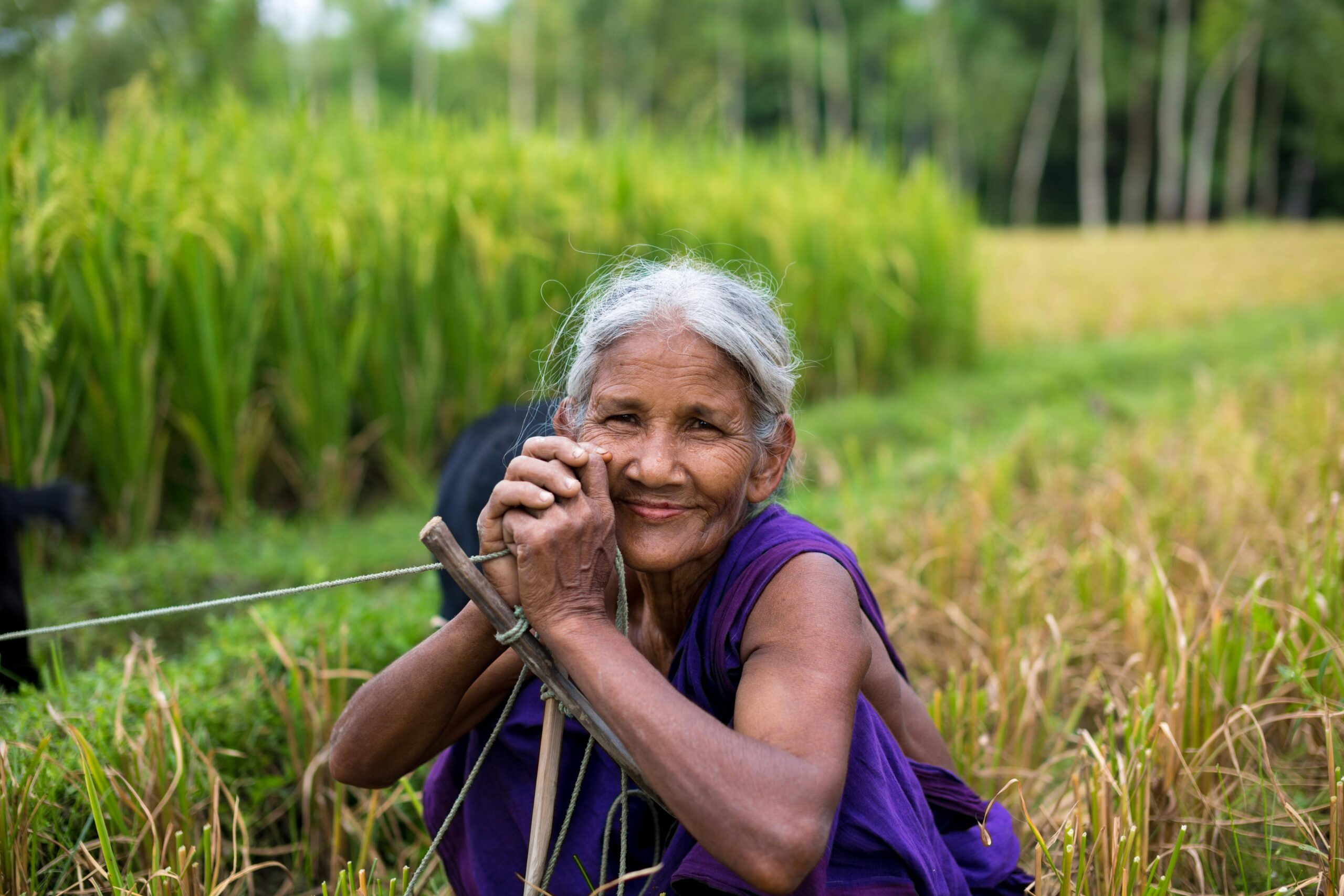
This toolkit provides practical guidance for agriculture and MSD project technical staff, specifically focusing on GBV within the context of day-to-day agriculture programming.
Read More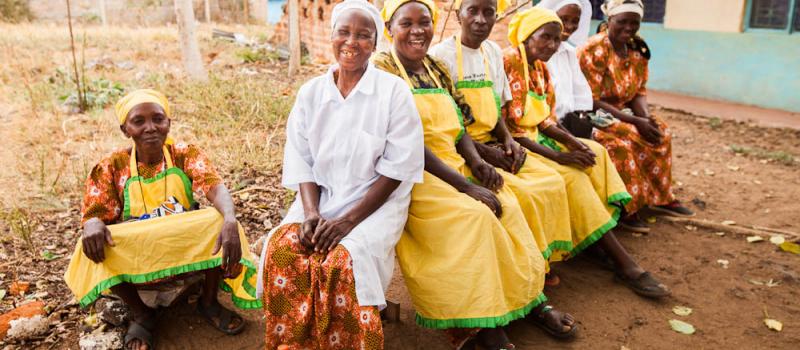
Women’s collectives are often thought of as a critical source of social solidarity and resilience at the grassroots level. But what if women’s collectives could be leveraged to target and help unlock the economic empowerment of rural women at scale? This blog post explores the potential transformative role women’s collectives can play in expediting women’s economic and social empowerment globally, and how the Bill & Melinda Gates Foundation is targeting these groups to address structural barriers to gender equality.
Read More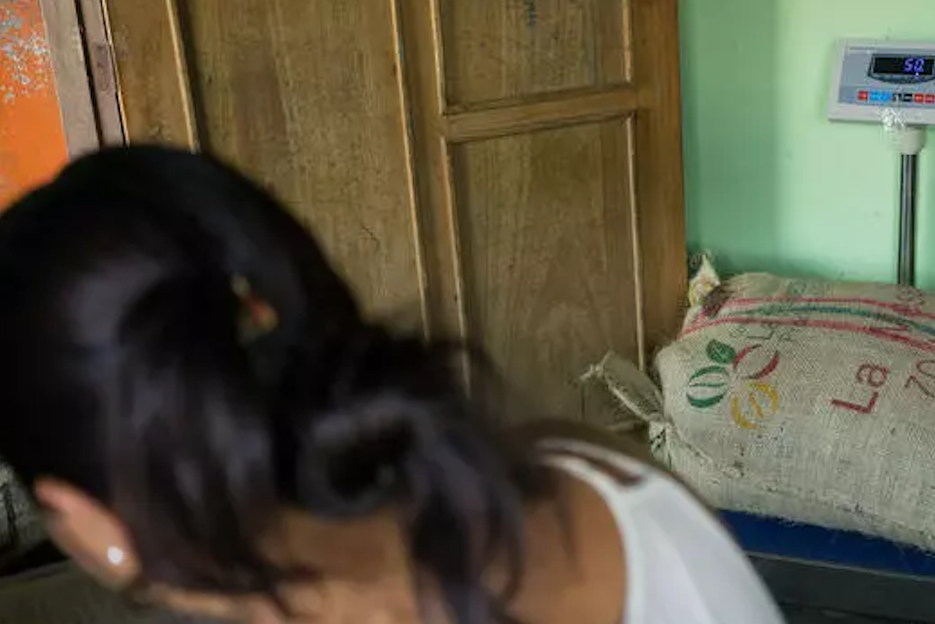
The Feed the Future Advancing Women’s Empowerment (AWE) program team spoke with Wade Channell, senior economic growth advisor for gender with USAID about how we can leverage the enabling environment to achieve scale in women’s empowerment.
Read More
Insights and examples of approaches to scaling women’s empowerment from the Feed the Future Advancing Women’s Empowerment (AWE) program team, particualrly relating to gains in agricultural productivity, resilient and sustainable livelihoods and nutrition.
Read More